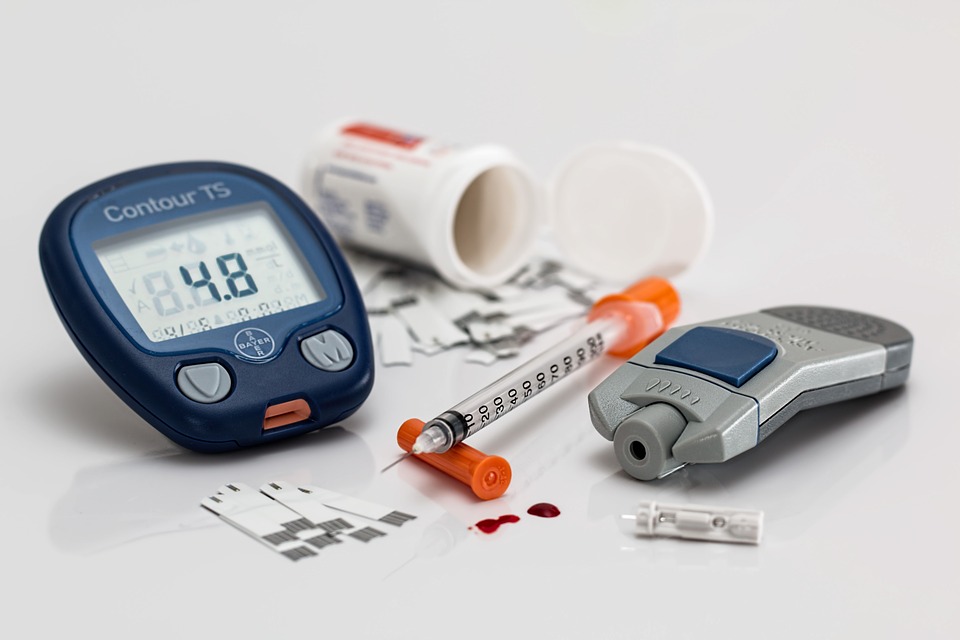Medicines are a part of our daily lives! And the majority of people in their life has once or twice opted in for an OTC (Over the counter) drug. Research and studies highlight, annually Americans spend a huge amount of money on buying non-prescription medicines. They do it to treat minor headaches to discomforting indigestion. Such drugs are useful for treating an urgent ailment at hand. And it has also been proven to provide fast and secure relief most times. However, using OTC drugs are not free from health hazards as well, if they get combined with other medicines or get misused in any way.
Most people assume since medicine is available over the counter, it must be safe! The truth is that even a safe tablet like Aspirin can prove to be detrimental when people don’t follow the prescribed medical directions, dose and also the warnings. There are several reasons for which OTC drugs consumption has increased. From medical emergency to the easy availability of medicines, the reasons are endless. Today, some websites offer discount codes and promo coupons that help to get attractive discounts on drugs. If you are searching for something similar, you can browse through pharmaquotes.com and learn more.
Understanding OTC medications
Simply put, OTC drugs and medications started for treating an emergency or short-term ailment. Also, it is apt for bodily discomforts that are not serious. But when people keep on ingesting these medicines over a span of time, it proves to be harmful. When you keep on consuming OTC medicines, it can deteriorate the disease that you had set to treat.
The FDA (Food and Drug Administration) has been playing its part in informing people about the dangers of sodium phosphate laxatives. FDA from time to time had issued reports that highlighted the deaths and severe side effects resulting from an overdose of OTC medications. Laxatives are known to lead to dehydration. It also disturbs the balance of electrolyte levels in blood which ultimately results in kidney damage. So young children, adult, and older adults who are guilty of taking OTC drugs for a prolonged time without apt medical guidance might risk their kidney function and attract other health hazards.
An FDA warning
The FDA has been playing its part in setting down safety rules that are important to follow. For instance, FDA had directed the doctors to no more prescribe combination medicine that surpasses over 325 acetaminophen mg on every dose. Simply put, acetaminophen used as a common pain and fever reliever is available as an OTC medicine. And it gets combined with codeine, opioids, oxycodone, and hydrocodone in several prescribed painkillers. Many people end up consuming an excessive amount of acetaminophen without having the necessary know-how. Presence of excess acetaminophen in the bloodstream leads to liver damage.
A report in The New England Journal of Medicine had reported that when acetaminophen gets combined with phenylephrine (PE), a nasal decongestant it can result in adverse physical impacts. This mix increases the PE level almost four times in your blood and can result in insomnia, dizziness as well as high blood pressure. Hence, it’s crucial for everyone undertaking OTC drugs to realize what they are adding to their body. What seems to be a harmless medication for cold and flu might result in dangerous allergies and blocks when taken in excess amount.
Concerns with OTC drug intake
Many expert medical practitioners and researchers have found out, that people end up taking OTC medicines for something else than the initial discomfort they were facing. Other than treating the regular cold and flu, people also take OTC drugs to resolve issues related to sleep. And sometimes, even sleeping pills taken OTC has an excess of acetaminophen that maximizes the toxicity level in blood.
The other risk factor involved with OTC medications is that people overlook reading the suggested or maximum recommended doses on a daily basis. The impact of every pill under the right dose would last a couple of hours. Hence, people should know their dosage and stick to it without fail.
Furthermore, the OTC medicines can at times get added to a person’s prescribed drug list. For instance, Aspirin can get mixed with other medication comprising the antibiotics, blood thinners, NSAIDs (non-steroidal anti-inflammatory drugs) and cause health issues. Even cough and cold medicines have decongestant pseudoephedrine that has a chance to meddle with stimulants and antidepressants, similar to the ones used for treating ADHD. Several OTC sleep medications have an antihistamine in it, which when injected or consumed in excess has a reverse impact. It can lead to abnormalities in heart rhythm and also seizures.
FDA guidelines on OTC medication intake
The FDA lists down the following instructions on the usage of OTC medications:
- You need to keep a record of all your prescribed and OTC medications. You must also maintain a check on the intake of vitamin supplements. Involve your pharmacist in the process, so that they can detect any potential medication interactions.
- You shouldn’t split or crush tablets till such time the doctor recommends. As this might impact the way, your body absorbs the medicine and affect its efficiency.
- You should know that several personal care items have fluoride and antibiotics as well. So, get into the practice of reading labels carefully. According to FDA, even antiperspirants are considered as OTC drugs as they carry aluminum. When you intake liquid medications and cough syrups, measure it with the measuring tool to ensure you are taking the correct dose.
Over the years there have been instances of people taking OTC painkillers for gum and teeth pain relief, which resulted in high blood pressure and even heart attacks. OTC medications do work, but that shouldn’t become the order of the day. However, it is essential for people to know more about the medicines, the medical components, and the required dose before consuming. Self-medication works when you have adequate knowledge of the drugs you intake. However, this should not substitute the need to check with an expert physician and get the correct guidance.












